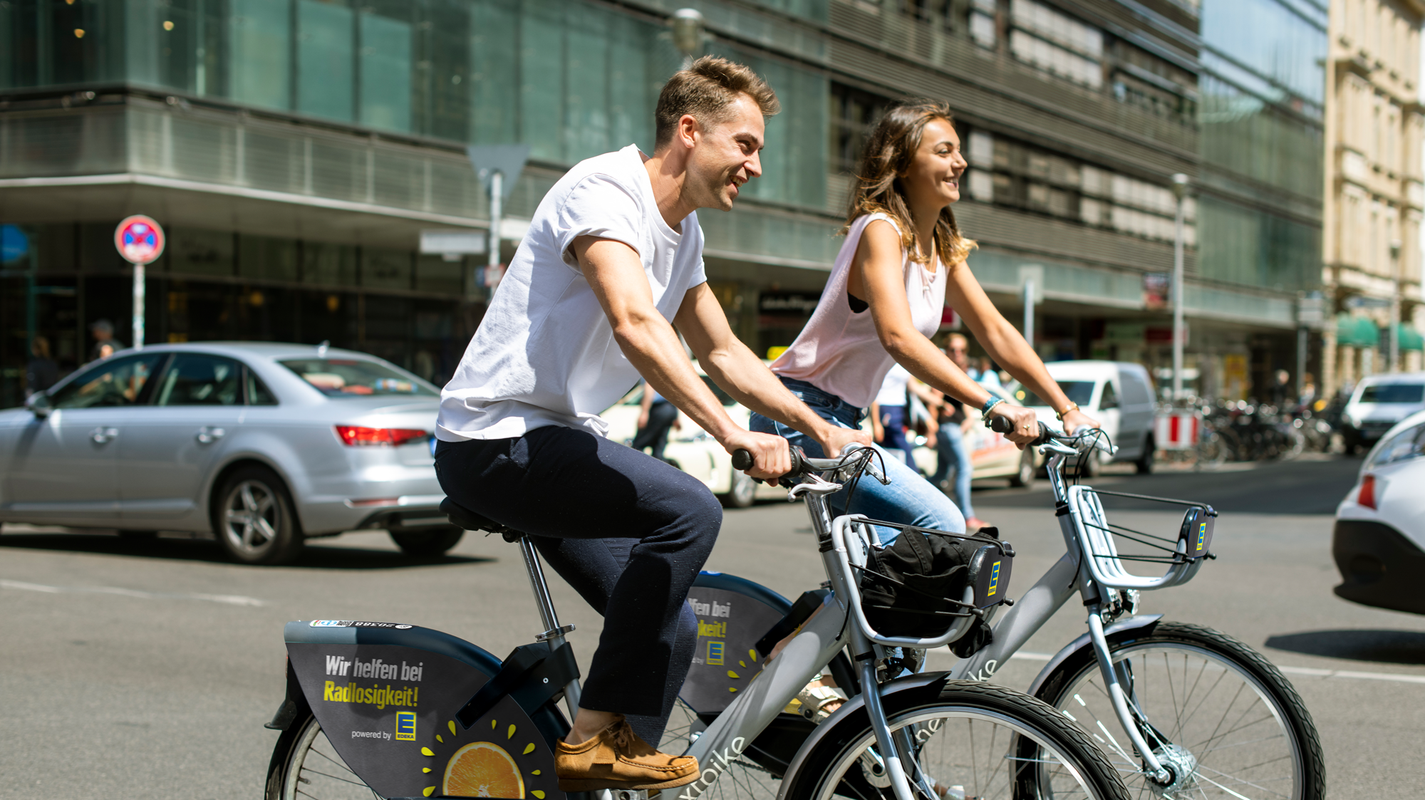One of the questions that our CIE team have constantly been asked in the weeks since the EU Parliamentary elections in June is “will the new political make up make change things for cycling at EU level?”
A simple answer would be “too early to tell”, but of course we are preparing our agenda for the forthcoming EU semester so we thought we should share some of our analysis on how we believe cycling should be presented to achieve support in all political scenarios.
Our main message is that cycling can bridge political divides because the very broad nature of cycling benefits means that there is a “win-win” for all political tendencies. That is spelt out in our Manifesto for the incoming EU institutions.
But firstly, where are we now?
In fact we are only part way through the renewal of the institutions. The makeup of the Parliament is known, but the critical allocation of committees and task groups will only be known later this month.
The European Commission is the EU’s civil service, with the permanent staff continuing, but EU Member States have to nominate a President and 26 other commissioners to give political oversight of the Commission. All are subject to parliamentary ratification, with existing President Ursula Von der Leyen nominated for a second term and other posts confirmed in October and November. These nominations are made by national governments so the political affiliation and policy orientation of individual Commissioners is largely unknown at this stage.
The final element of the trilogue is the EU Council, made up of national ministers. This is not renewed at any one time, only when national governments change. As more than two-thirds of EU Member States at any one time tend to be made up of coalition governments the Council is a balancing act on many topics, that’s one reason why EU processes can often seem full of compromises.
What about the headlines?
The main media story of the EU Parliament elections was a move towards so called “right wing populist parties” in some of the EU’s largest countries, notably Germany, Italy and France. However our analysis and that of many commentators is that this will not destabilise the EU as much as the headlines suggest, because the swing was not reflected in all countries, historical pro-European political groups still have a majority and the populist parties do not cooperate as a single group.
However from a cycling perspective we are concerned that there is a trend for some of the centrist and centre-right parties also to adopt “pro-motorist” stances as part of their policies, therefore moving them in alignment with some right wing opinion which is critical or sceptical about the EU Green Deal. This is driven by a mix of concerns for car industry jobs and a simple belief that being pro-car is popular with their voters.
Undoubtedly this trend is not helped by a reduced presence of Green MEPs, dropping from 4th biggest block to 6th biggest.
And cycling?
The most important point to emphasise is that cycling has never been better positioned in policy terms with the EU Declaration on Cycling attracting cross-institutional support, the EU industry policy reflecting cycling for the first time and €4.5 billion for infrastructure already secured in regional funding in the EU budget up to 2027. All these items are in place, the aim now is to get them implemented.
The headline challenge for cycling advocates is to make sure that the expected softening of green priorities and greater focus towards local job creation and industrial competitiveness doesn’t exclude cycling. Our offer must be tailored to appeal to all political parties, especially those who argue that going green doesn’t help local citizens. There is already a strong tradition of political leaders across the spectrum championing local cycling, it has proven it need not be a pure left-right issue.
Presentation of the whole cycling industry ecosystem is essential, because we have better growth potential than any other transport sector and because 85% of the jobs we create will be local jobs. And in these circumstances we align ourselves alongside the lobbying of other industrial sectors, because any policies that support industries to go greener and packages like the EU’s Social Climate Fund for citizens need to stimulate cycling as well as e-cars and green energy. In industrial terms we don’t want “pro-car” to become “anti-bike”, because we know that we can be highly competitive in job creation, but we must be eligible to take part in all the aid programmes that might be offered.
Yes, we must adapt to new political realities, but we do that with an emphasis on our strengths and we build our partnerships without political prejudice, cycling must be a success story regardless of political alignment.
Share on Linkedin Share on Facebook Share on Twitter Subscribe to our newsletter